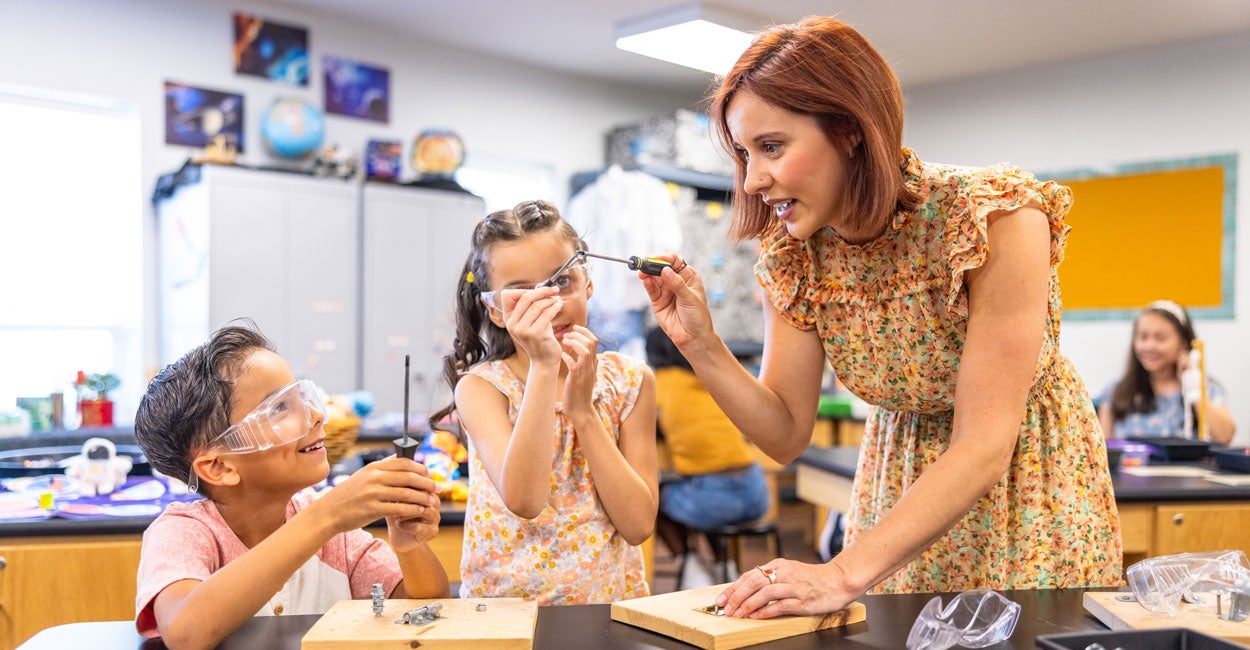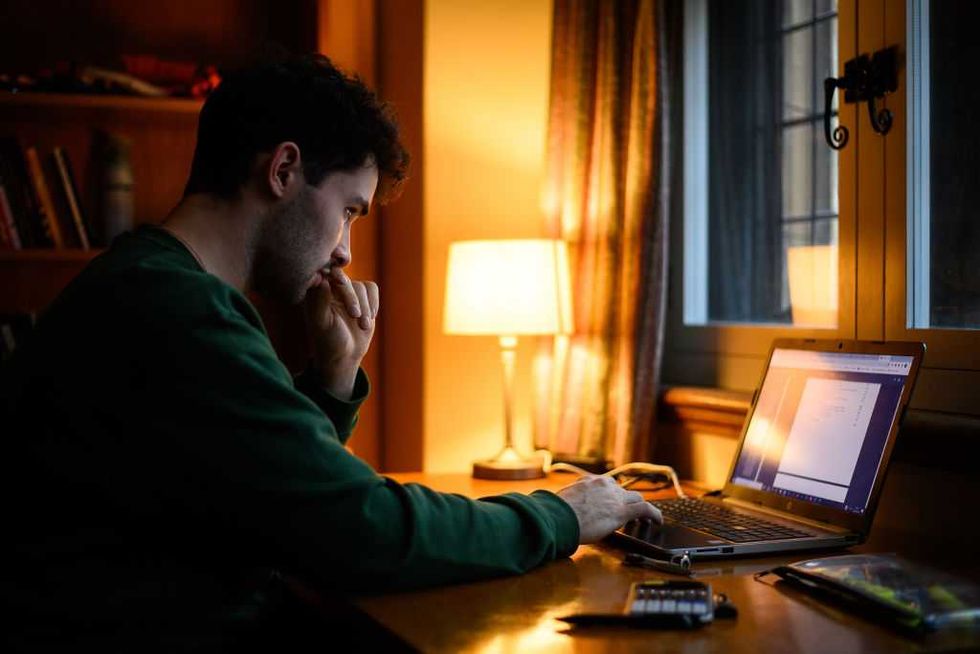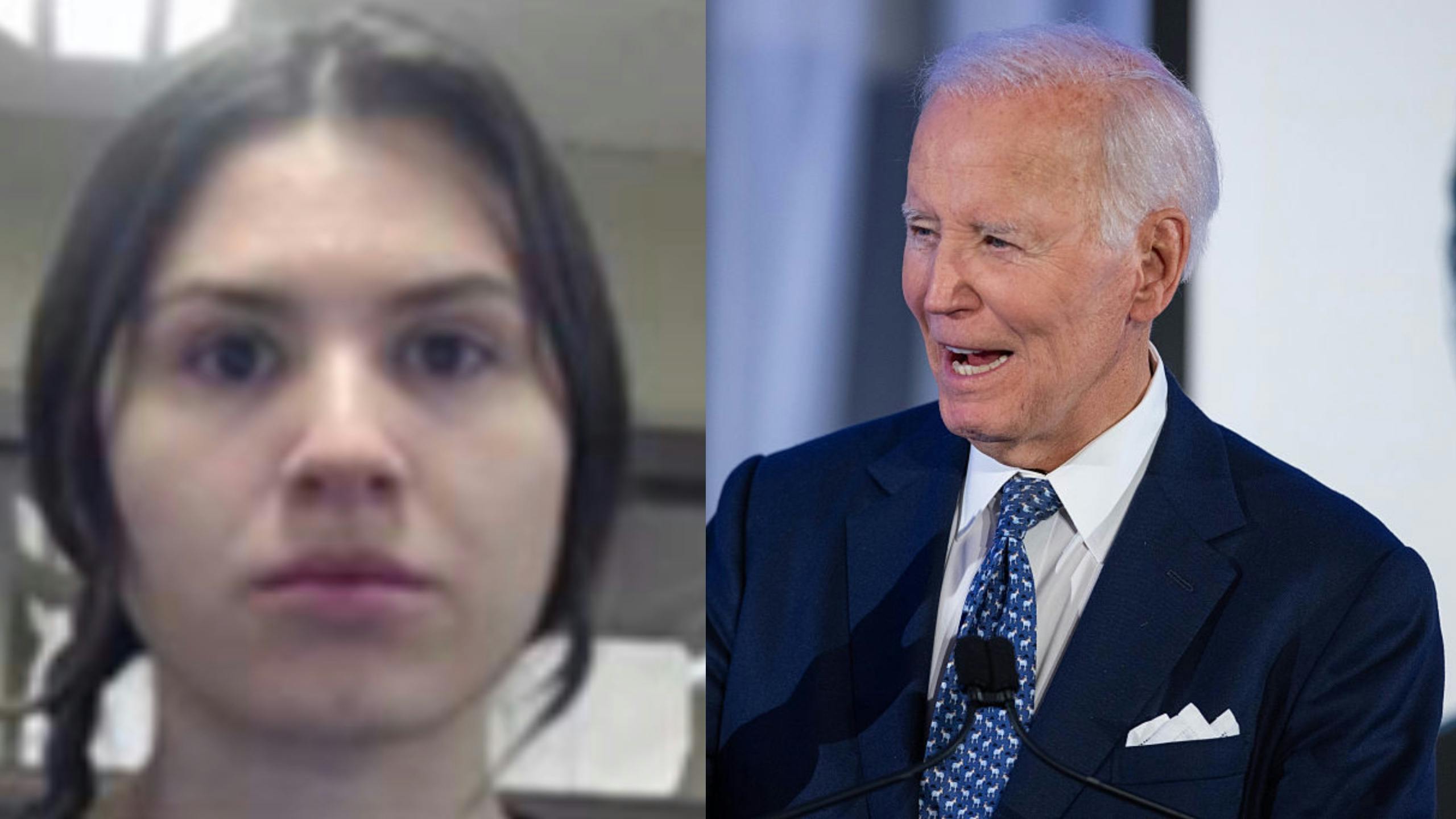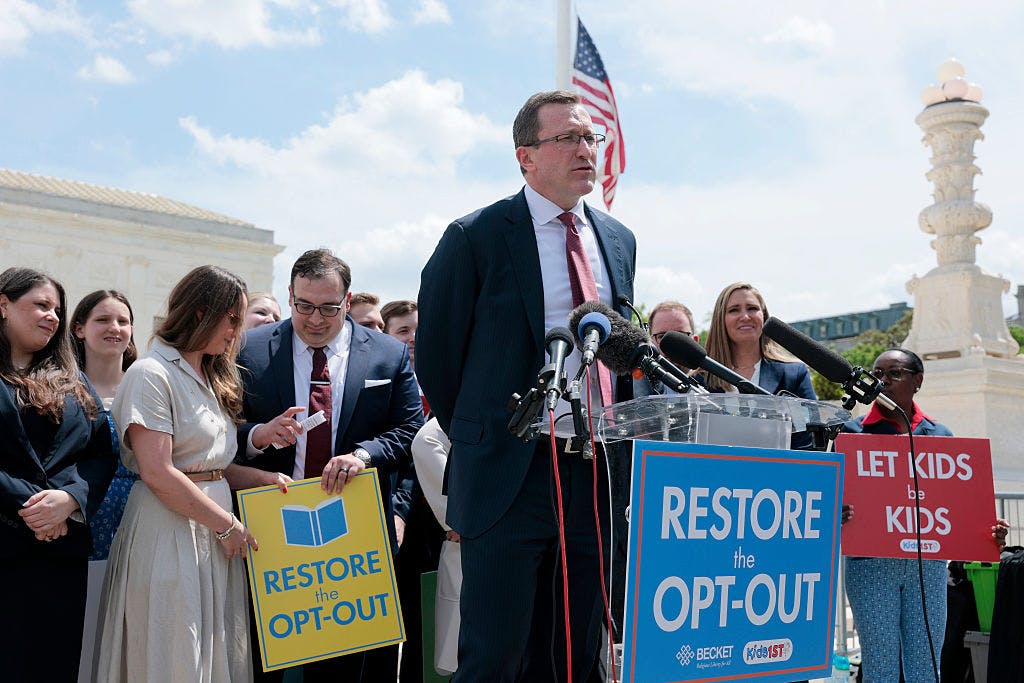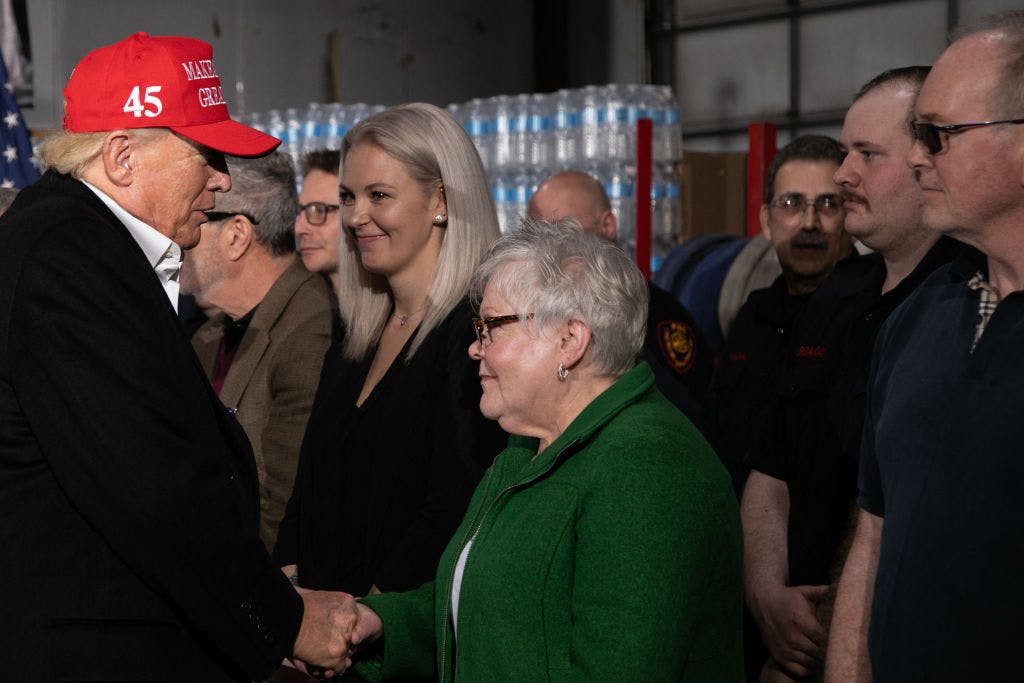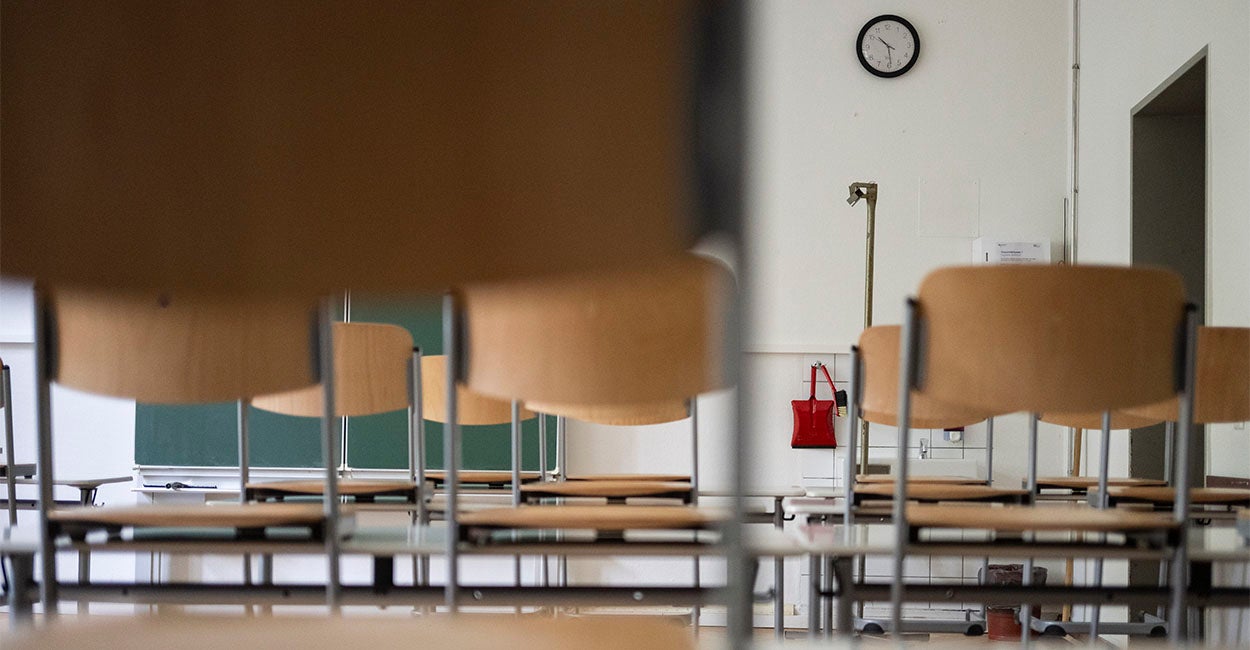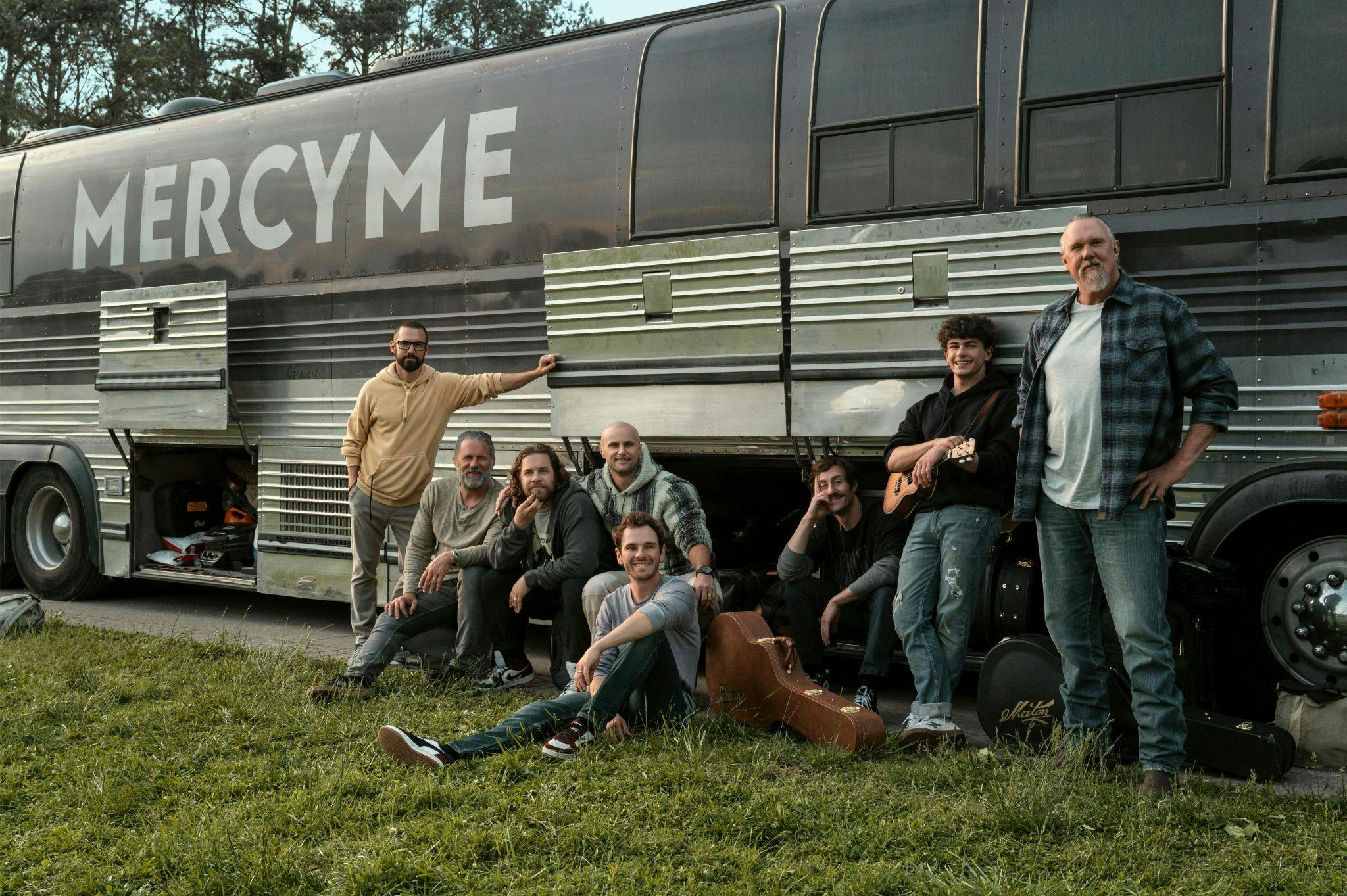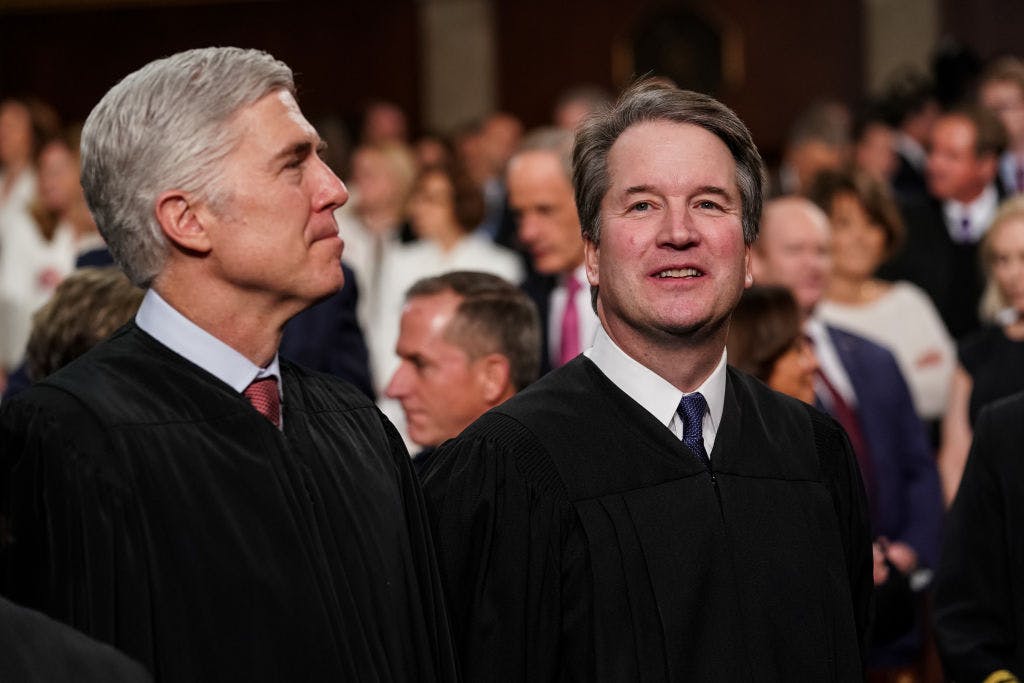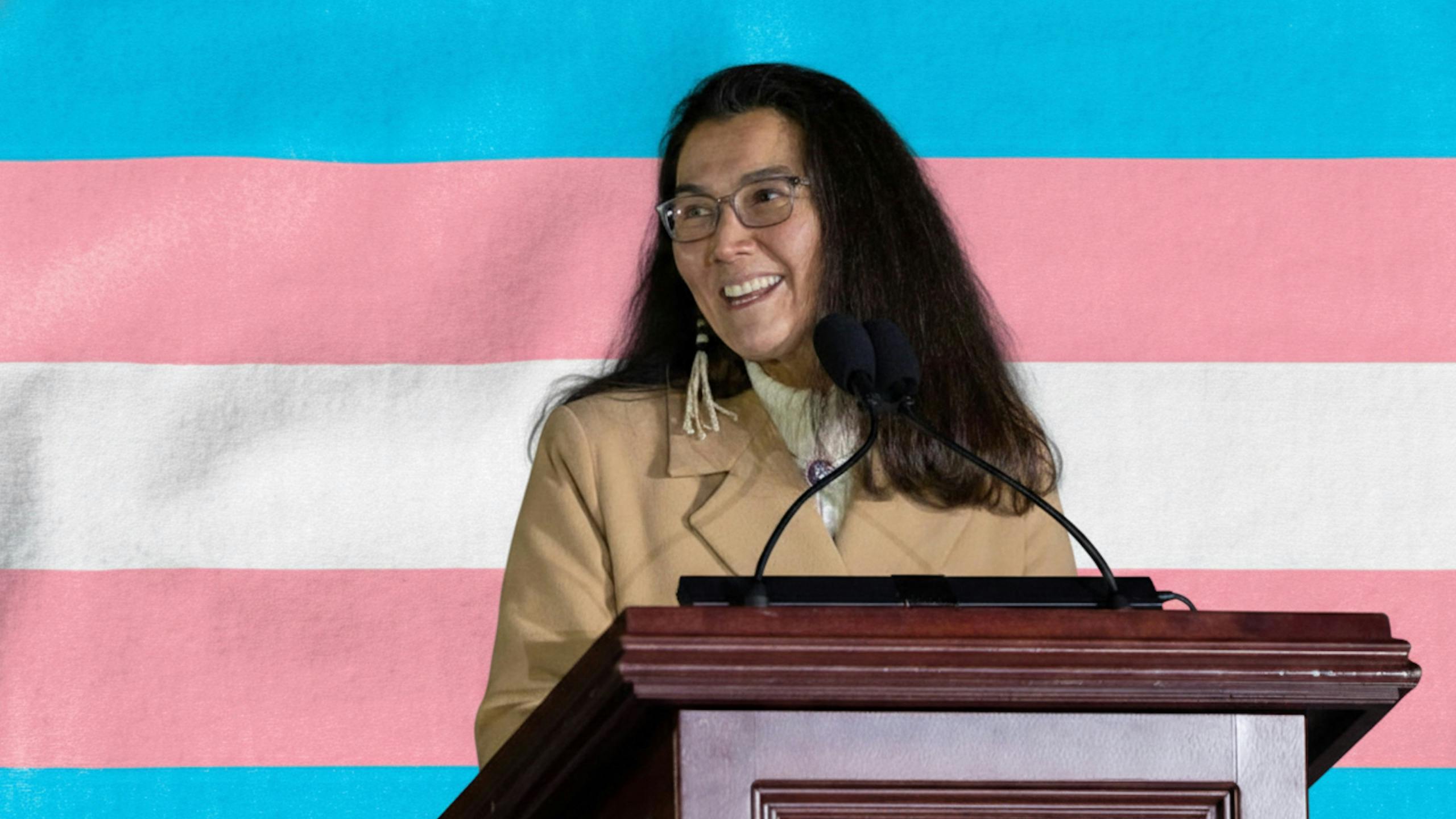When My 11-Year-Old Daughter Began Hating Herself, The School Told Her To Change Her Pronouns
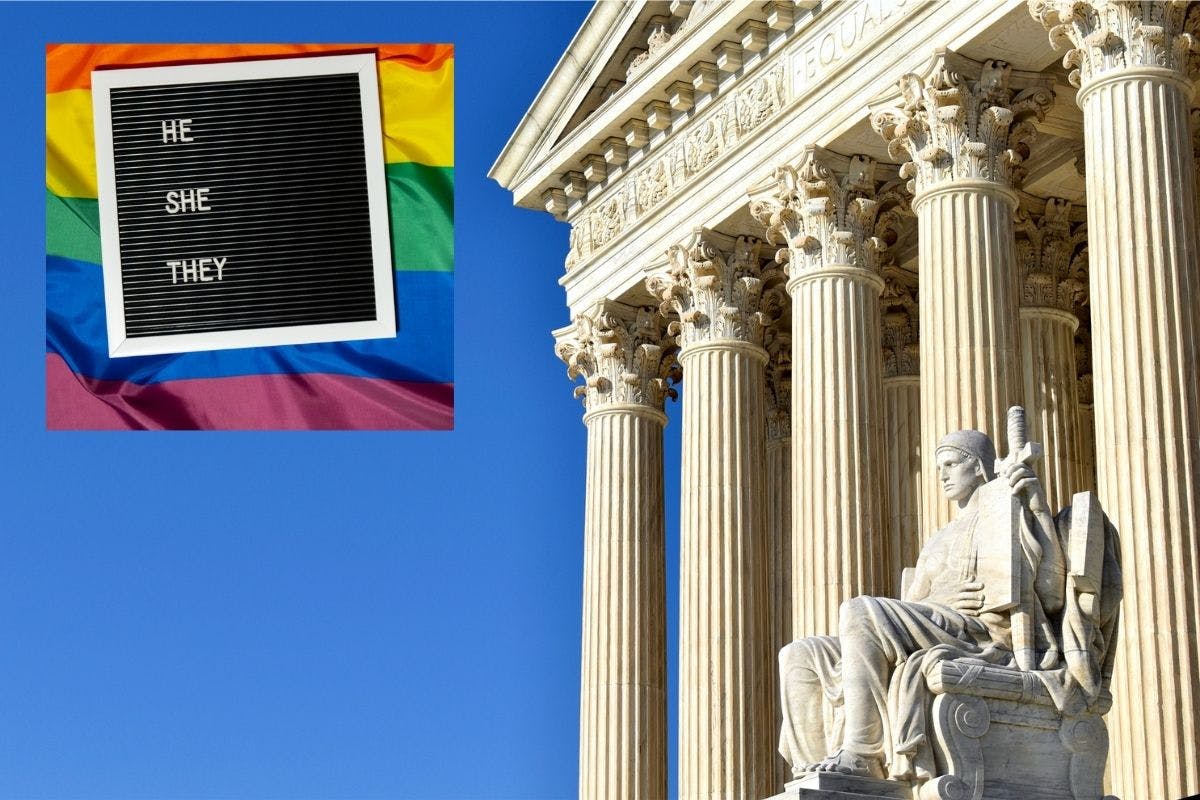
Today, the Supreme Court will hear Chiles v. Salazar, a case about censorship in private counseling conversations regarding gender identity not sanctioned by Colorado state law. The results will have a lasting influence not only counselors, parents, and children in Colorado, but throughout the United States.
Live Your Best Retirement
Fun • Funds • Fitness • Freedom
I know, because our family learned the hard way when our 11-year-old daughter went to her school counselors in Wisconsin for advice.
So many times, just being able to talk about things with someone who knows how to listen can make a life-changing difference. What our family learned, however, was that these people did not know how to listen. They were interested in making a life-changing difference, yes, but mostly in changing my daughter’s life to suit their social sensibilities, not to do what was best for her.
COVID hit at just about the same time my daughter entered into a very real personal crisis. She was 11 years old and decided she hated herself. She hated her looks, hated her personality — everything. The isolation of the epidemic left her with too much time to think about all of that and too few people to talk to about what she was feeling.
Sometimes, as a kid, it can help to know that other kids around the same age are struggling with the same issues. But our daughter was mostly alone with all her growing worries, fears, and frustrations. She didn’t know how to talk to me about what she was feeling, and she started reading about kids who were “changing” themselves. That sounded like the answer to everything: changing herself.
Looking back, she says, she doesn’t think she was really feeling that much gender dysphoria. She wasn’t especially wanting to be a boy — she just didn’t want to be herself.
That turned out to be very easy to arrange. In fact, a teacher’s aide approached my daughter and said that, if she wanted to give the people in the front office a new name and new pronouns, they’d happily take care of the paperwork.
They might have suggested that she first talk a little more with her parents about what she was feeling and give us a chance to listen and help her work through these things. But no one — not the school officials, not the doctors she eventually talked to — ever suggested anything like that.
To them, what we as her parents thought and felt was irrelevant. Our love for our child and our authority to influence her life choices didn’t matter at all. All of these strangers just assumed they knew best and had the right to keep her parents out of the conversation.
For that matter, they didn’t include our daughter much, either.
At no time did anyone at school or in the medical facilities our daughter visited ever suggest that there might be a healthy alternative to her social transitioning. They never suggested that she might just be struggling with the kinds of things lots of boys and girls have trouble with — dealing with the pains and awkward changes of puberty and the problems of fitting into a sometimes-crazy teenage culture.
That’s why my husband and I sued our Wisconsin school district with the help of our attorneys with Alliance Defending Freedom. As parents, we have had to really fight for what should be a given — our basic legal right to be involved in our child’s life. And — with our love and support — she had to find her own way out of the confusing jungle of emotions she was dealing with.
We’re glad she was able to do that, but we still wonder how much easier it might have been if someone with the right skills had just been there to help her find the trail — and if her school officials hadn’t tried so hard to block her from finding it.
That’s also why we’re so interested in another ADF client, Kaley Chiles, and her case being argued before the U.S. Supreme Court today. Ms. Chiles is a counselor who wants to offer help to young people like our daughter, who are going through the kinds of things she’s been going through.
We’ve read a lot about her. She does what it seems like a counselor ought to do. She listens. She asks thoughtful questions. She helps young people figure out where they want to go and how to get there. She’s there to walk with them — not push them through a pre-chosen door or force her own ideas on their disturbed minds and hurting hearts.
To me, that’s what every young person going through what my daughter went through needs. But in Ms. Chiles’ home state of Colorado, it’s actually against the law for a counselor to help a minor that way.
My own state has a similar law. And these laws allow counselors to point the way to transitioning and encourage it, but they can’t offer an alternative or do anything to support a young person who leans toward another conclusion.
That reminds me so much of what my daughter has experienced these last few years. People — professionals — with no interest in helping her, just in changing her.
Ms. Chiles’ attorneys will be making good arguments for why that’s a terrible approach … one that can be life-changing for children and teens in all the wrong ways.
I just hope the justices know how to listen.
* * *
Tammy Fournier and her daughter reside in Wisconsin.
The views expressed in this piece are those of the author and do not necessarily represent those of The Daily Wire.
Get 40% off new DailyWire+ annual memberships with code FALL40 at checkout!
Originally Published at Daily Wire, Daily Signal, or The Blaze
What's Your Reaction?
 Like
0
Like
0
 Dislike
0
Dislike
0
 Love
0
Love
0
 Funny
0
Funny
0
 Angry
0
Angry
0
 Sad
0
Sad
0
 Wow
0
Wow
0
